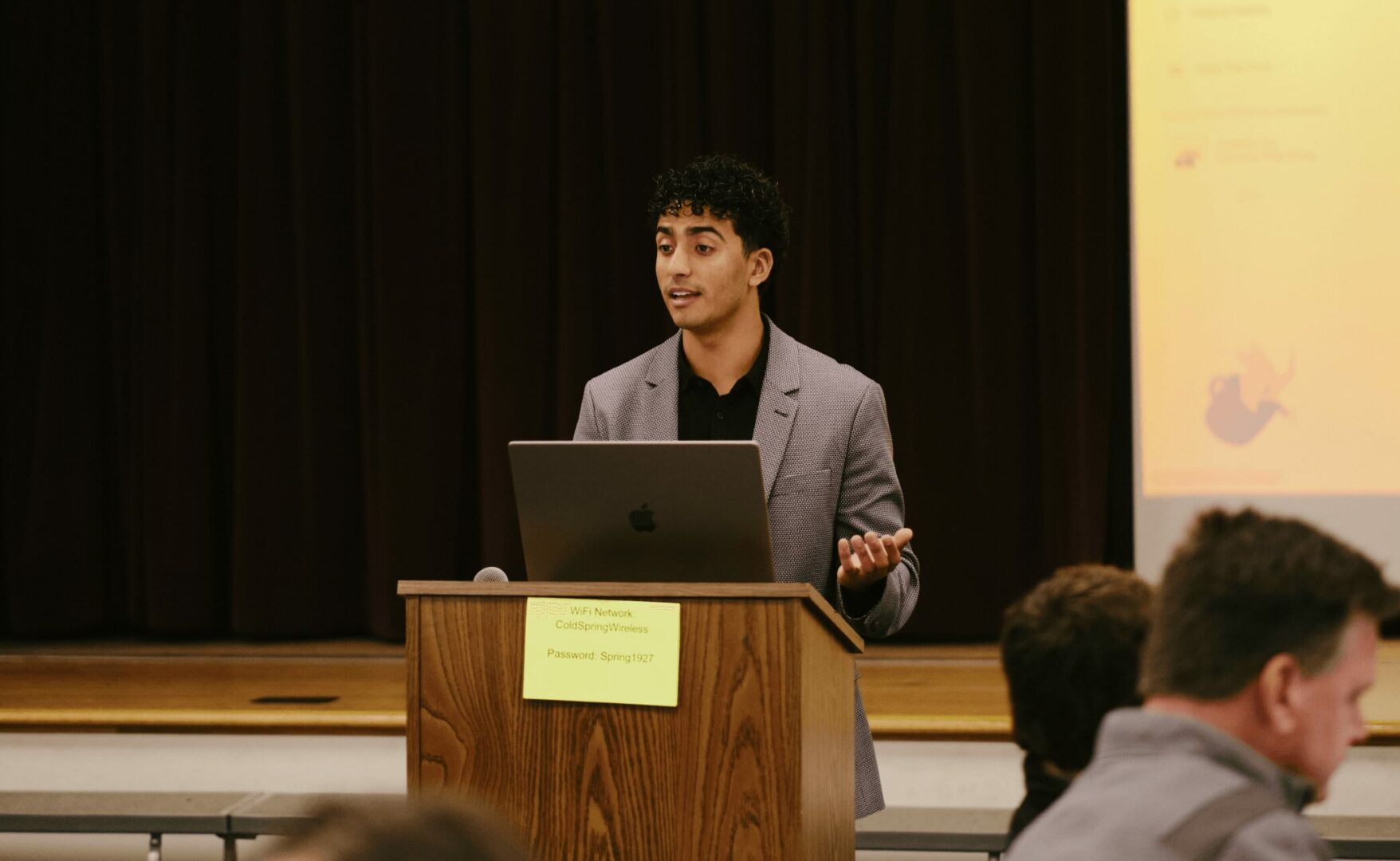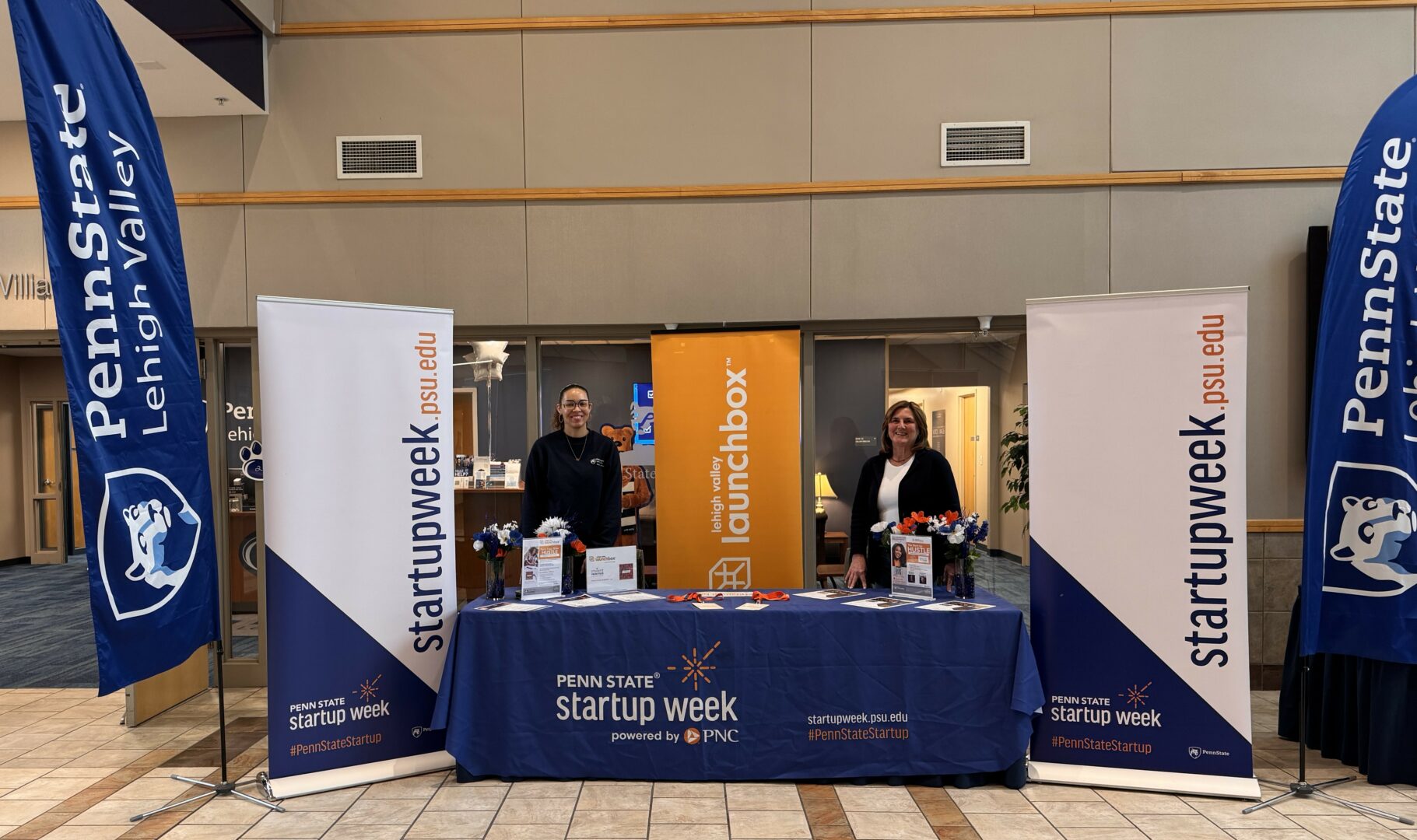We caught up with the brilliant and insightful Christian Jackson a few weeks ago and have shared our conversation below.
Hi Christian, appreciate you sitting with us today. Maybe we can start with a topic that we care deeply about because it’s something we’ve found really sets folks apart and can make all the difference in whether someone reaches their goals. Self discipline seems to have an outsized impact on how someone’s life plays out and so we’d love to hear about how you developed yours?
A lot of it comes from my parents. My father started a transportation and logistics company around the same age I started my businesses, and he’s been working through all the ups and downs ever since. Watching him has taught me resilience – the ability to take failure head-on as a learning experience – and a mindset that doesn’t entertain excuses (I’m certainly not always perfect at adhering to said mindset, no one is. But it is a consistent drive). Watching him navigate challenges with that level of determination set the foundation for how I approach my own work. My mother has an unparalleled level of care and attention to detail. She’s also an educator at heart, someone who is thoroughly committed to helping everyone around her. What I’ve learned from both of them is that in order to be the best version of yourself for others, you have to be the best version of yourself <i>to yourself</i> first. As a result, ever since I was a kid, I’ve been focused on making myself better – regardless of the area. Pushing to be the best version of myself at whatever it is in my path. However, I had to rewire that thinking early on.
I used to live by the saying “practice makes perfect” – and it drove me insane, quite literally by my grade school years. I had to shift to “practice makes best” because perfection just is not a real concept. It was a tough mental lesson at first. In all sincerity, it was one of the tougher mental adjustments I had to make to that point in my life. But let’s just say my childhood self would’ve spent wayyy too many hours fine-tuning the most minuscule of items. And, to be honest, I believe much of my perseverance comes from overcoming that early-life mental challenge. All of that said – that’s where my internal drive for self-discipline comes from. This constant yearning for self-improvement.
More recently, I’ve been looking into stoicism. At its core, stoicism encourages people to live a simple life by avoiding strong emotions and focusing on virtue. Do not let me try to fool you – I am no stoic. That said, the work to remain steady is of interest to me. Staying unmoved by fleeting highs or temporary lows. Taking each day as it comes. I heard a great perspective recently that is akin to this:
“Life is mostly a numbers game. If you hit a red light, well… you were bound to hit one at some point. If you’re late to a meeting, you weren’t going to be on time to every single one in your life. If you fail at something big that mattered to you, it’s not because you’re incapable. It’s because nobody goes undefeated forever. A loss in the game is inevitable.”
The last item I’ll add in is that I’m intentional about my environment. Where I work, where I think, where I spend my time. It all plays a role. Sometimes, all it takes is a 15-minute detour to a different space to reset my head and shift into the kind of thinking or work I need to do next. That self-awareness helps me stay in control of my momentum instead of waiting for motivation to kick in.
At the end of the day, self-discipline isn’t about forcing yourself to be productive. I am, at my core, a systems person. It’s about creating the right conditions for consistency. That’s something I’ve learned from my parents, from experience, and from constantly refining how I operate.


Thanks for sharing that. So, before we get any further into our conversation, can you tell our readers a bit about yourself and what you’re working on?
I founded Edapt, where we’re building statewide compliance systems to help share best practices for school districts across the country. This leads to better developmental insights for our country’s students and more ROI for our educational decision-makers. We’re at a critical moment in education. Teachers and administrators are being asked to do more than ever, with an ever-growing mountain of responsibilities and, in many cases, fewer resources to get it all done. Our focus is simple: <b>remove inefficiencies</b> so that educators and administrators can redirect their time and energy toward what actually matters—preparing the next generation of thinkers and leaders. My co-founders, Tom Lynch and Kelvin Wallace, started this with me at the end of 2023 and we now have a strong team of six tackling every day together.
What excites me most about what I get to do in the space is the in-person time. I get to work with decision-makers and educators across California and, soon, across the country. I’ll be keynoting the National Conference on Education in March. I will also be starting to share learnings with decision-makers beyond the educational sphere as well.
What I love most about this work is demystifying technology, particularly artificial intelligence. Right now, too many discussions around AI are left in the clouds. There are keynotes and panels filled with talk about how transformative the technology is, how it will revolutionize education, how it can do A, B, and C. And then… that’s it. They leave the conversation in theory, in what’s coming, without equipping educators to actually use the tools in a meaningful way. That doesn’t help anyone. In fact, I’d argue it harms more than it helps.
<b>Why? </b>
Because when educators finally sit down to try these tools – often times without even minimal guidance or an understanding of how to challenge tools for better outputs – they give up. Time is too valuable to sink in a new “revolutionary” technology. I’ve seen it time and time again. Or worse, it entrenches their distrust of AI and reinforces the idea that this is just another passing fad that doesn’t actually serve them. And that’s a loss. Because this technology *is* beyond important to be utilizing and keeping close tabs on. It’s a loss not just for the individual, but for the students and communities we all serve.
That’s why I’ve been very conscientious in my approach. In every talk, workshop, or training session, I focus on making these complex conversations feel comfortable, setting the stage with open dialogue, aligning people’s north stars, and – most importantly – keeping it practical.
<b>The end goal? </b>
Every single person in the room leaves not just understanding AI in theory but excited to put at least one tool or one strategy into practice that very day. The best part is that with this model, I get see the impact. I get messages, emails, and calls from educators and leaders who are genuinely excited about something they’ve learned or tried. That kind of momentum compounds over time. And when we remove a bottleneck, it’s not just a convenience boost. It’s real time and energy being redirected toward higher ROI activities.
<b>So what’s next?</b>
With Edapt, we’re growing our AI-driven reporting tools beyond just California’s Local Control and Accountability Plan (LCAP). We’re expanding within California to cover all state-mandated reports while also gearing up to scale nationally. If you’re in education and looking for ways to streamline processes, integrate AI effectively, or save time on your district’s bureaucratic reporting systems—we should talk.
On the speaking side, I’m expanding my time into additional spaces and states, continuing to bridge the gap between AI and traditional work in a way that’s not theoretical – just actionable.
Looking back, what do you think were the three qualities, skills, or areas of knowledge that were most impactful in your journey? What advice do you have for folks who are early in their journey in terms of how they can best develop or improve on these?
<b>1. </b>Pattern recognition, the ability to see inefficiencies, connect dots, and recognize opportunities before others do. This has been a game-changer in my life. My advice? Be more curious. Train yourself to ask the question “Why?”
Or even try these fun ones…
• “Where is the friction?”
• “What’s taking too long?”
• “Why does that ‘fact’ seem…wrong?”
If you develop the ability to spot inefficiencies or helpful irregularities, you’ll always be valuable.
<b>2. </b>Communication & storytelling is a key life skill – whether it’s pitching an idea, explaining AI, or making a case for why your weekend plans for the friend group are the most exciting of them all. The best way to improve?
Listen more. Pay attention when you actually *wanted* to listen as well. The next step?
Explain more. Teach more. If you can articulate complex ideas simply, you’ll move ahead in life. No question. It’s a work in progress for me day in and day out.
<b>3. </b>Resilience & adaptability because no plan survives first contact with reality. I’ve had ideas that flopped, deals that didn’t go through, and moments where I had to completely rethink my approach. The people who thrive aren’t the ones who never fail – they’re the ones who bounce back quickly. My advice is to normalize constructive failure. Treat it like data, adjust, and keep moving forward. We are blessed to see tomorrow, so why not get excited for it?
If you’re early in your journey, the best thing you can do is actively seek discomfort. Put yourself in situations where you have to think critically, communicate clearly, and adapt fast. Sustained internal growth doesn’t happen otherwise.
Before we go, any advice you can share with people who are feeling overwhelmed?
First, I zoom out. When things start piling up, it’s easy to get lost in the weeds. I remind myself: What actually matters here? What moves the needle? Overwhelm often comes from too many inputs, so I cut out the noise and focus on the 1–2 highest-impact actions.
Second, I break things into momentum-building steps. If I’m stuck, I don’t try to power through everything at once – I just get a small, quick win. That could mean knocking out a simple task, getting feedback, or even just stepping away for 10 minutes. The goal is to create movement.
Lastly, I lean into trusted systems. I don’t try to hold everything in my head – good systems (whether that’s a task manager, calendar blocks, or just a clear list of next steps) offload the mental burden. The more I automate decision-making, the more energy I have for the work that actually matters.
For anyone struggling with overwhelm, my advice is this: focus on clarity over effort. Don’t just work harder– step back, simplify, and move forward with intention.



Contact Info:
- Website: https://christianjackson.me/
- Instagram: https://www.instagram.com/christian.jacksonn/
- Linkedin: https://www.linkedin.com/in/christianjackson00/
- Twitter: https://x.com/bycjacksonn
- Other: TikTok: https://www.tiktok.com/@christian.jacksonn




